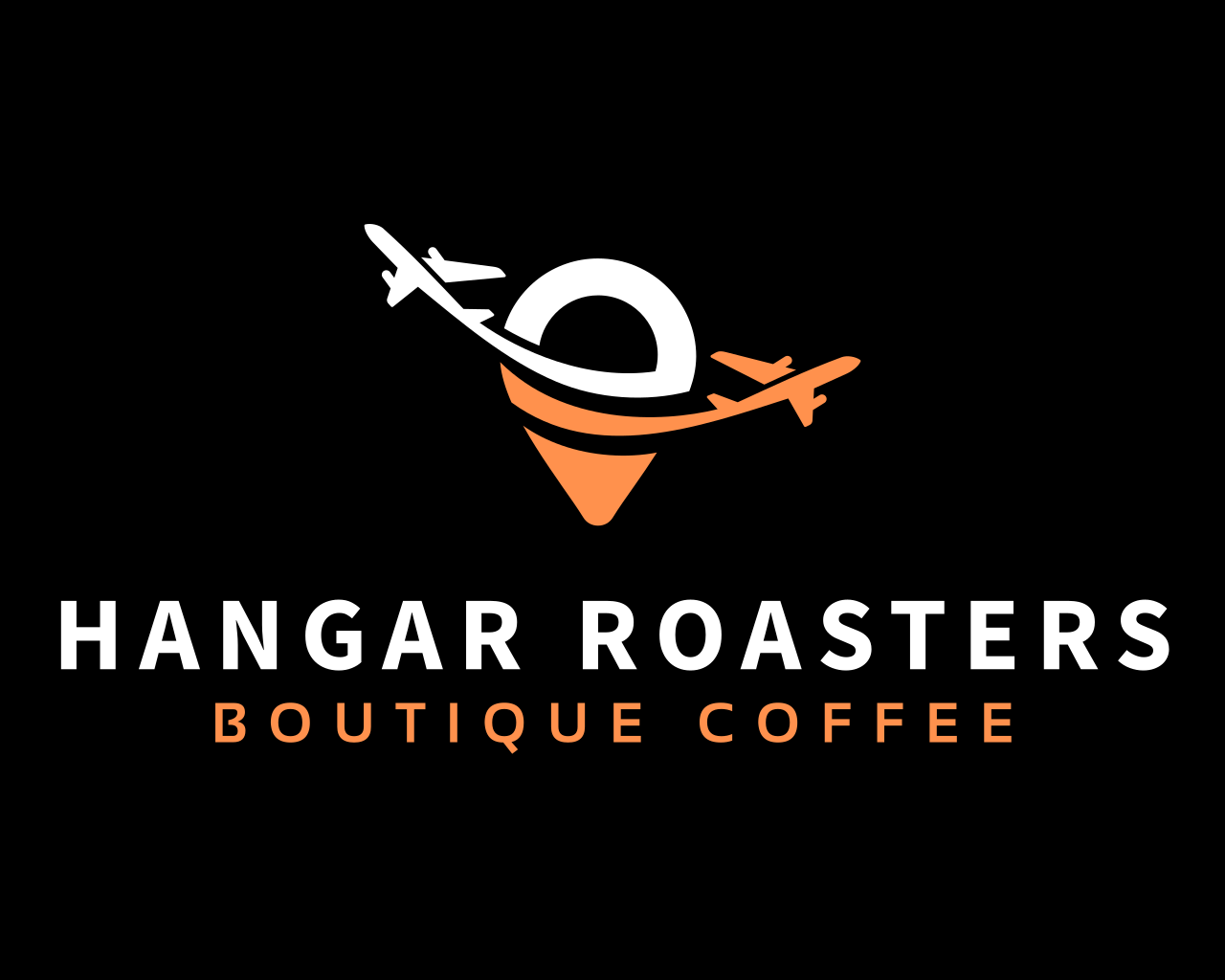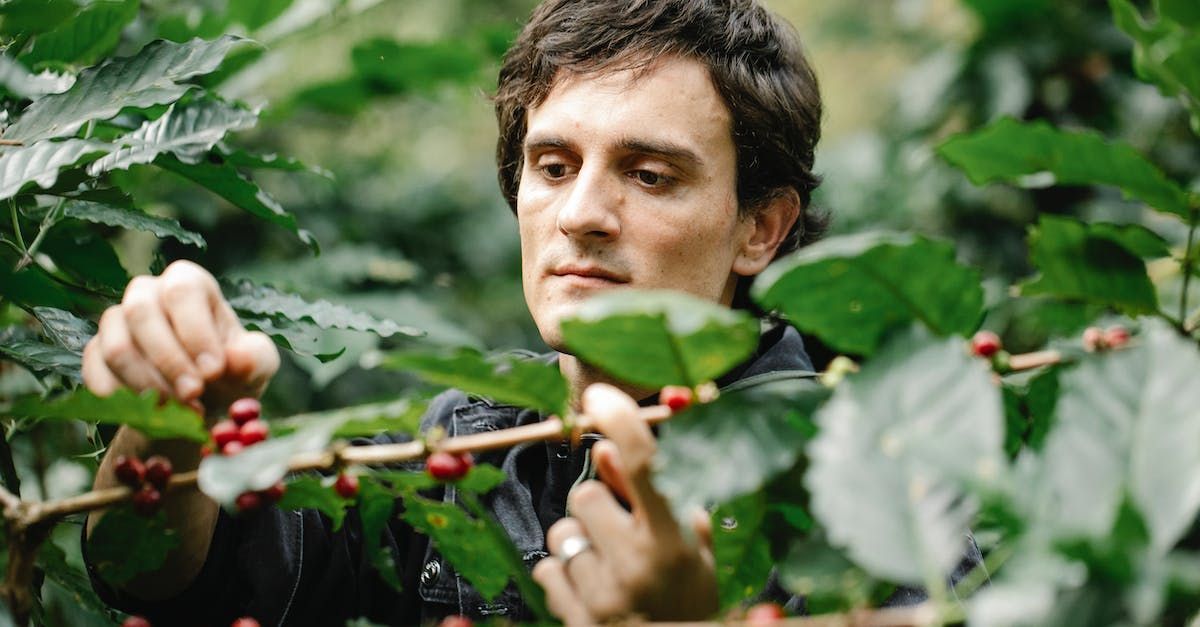Responsibly Sourced Coffee
There are so many good reasons to be responsible when sourcing coffee here are a few.
The Fair Trade Label Guarantees:
Fair price: Family farmers receive fair prices for their harvest, and premiums specifically earmarked for community development projects; even higher premiums are given for certified organic products. Farmer organizations are also eligible for pre-harvest credit.
Environmental sustainability: Harmful agrochemicals and GMOs are strictly prohibited in favor of environmentally sustainable farming methods that protect farmers' health and preserve valuable ecosystems for future generations. Fair trade farmers protect the land and wildlife habitat by intercropping plant species to improve soil fertility and protect against erosion. Stringent environmental management programs, including water conservation, proper waste disposal and prohibitions on planting in protected areas further encourage environmental stewardship.
Fair labor conditions: Workers on fair trade farms enjoy freedom of association, safe working conditions and fair wages. Forced child labor is strictly prohibited.
Direct trade: Importers purchase from fair trade producer groups as directly as possible, eliminating unnecessary middlemen and empowering farmers to develop the business capacity needed to compete in the global marketplace.
Democratic and transparent organizations: Fair trade farmers and farm workers decide how to invest fair trade revenues, and proof of a democratic process is required.
Community development: Fair trade farmers and workers invest fair trade premiums in social and business development projects like scholarship programs, healthcare services and quality improvement training.
Examples of community projects include:
- Members of the COSURCA coffee cooperative in Colombia successfully prevented the cultivation of more than 1,600 acres of coca and poppy used to produce illicit drugs.
- In the highlands of Guatemala, indigenous Tzutuhil Mayans in the La Voz cooperative are sending local kids to college for the first time.
- Near Lake Titicaca, in Peru, the CECOVASA cooperative is assisting members from Quechua and Aymara indigenous groups in improving coffee quality and transitioning to certified organic production.
- The CECOCAFEN cooperative in Nicaragua established a reproductive health program providing tests for the virus that causes cervical cancer.


